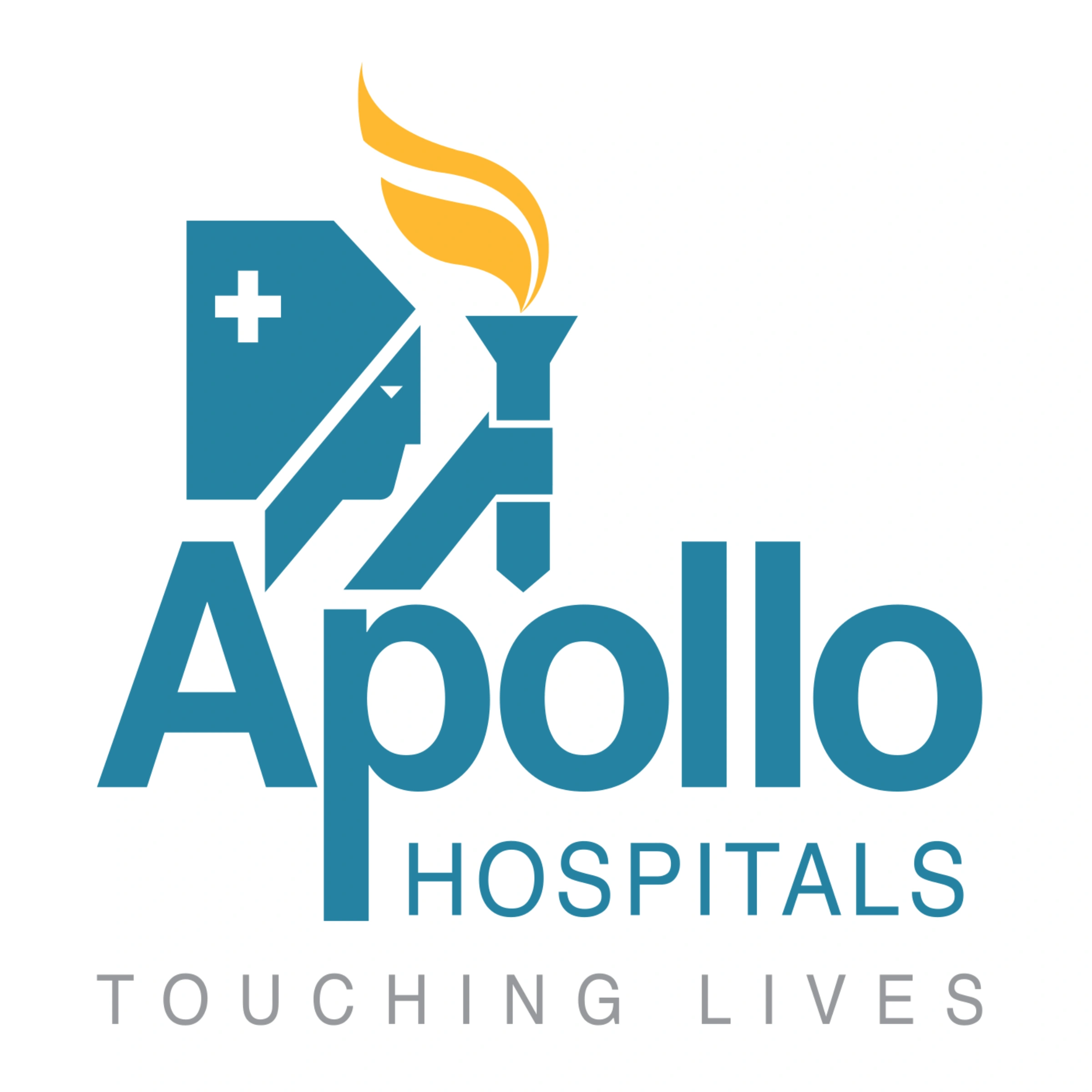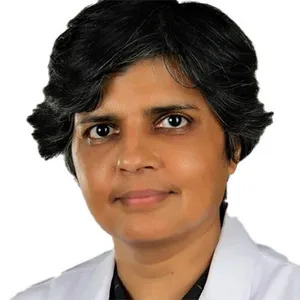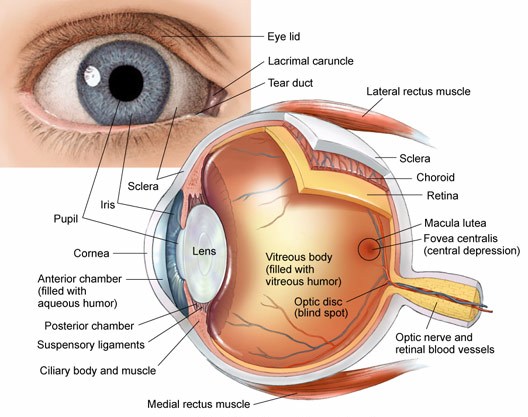What Are Medical Retina Treatments?
Medical retina treatments focus on managing and treating disorders of the retina, the light-sensitive tissue at the back of the eye. These treatments typically involve non-surgical approaches to address conditions like diabetic retinopathy, macular degeneration, retinal vein occlusion, and more. With advancements in diagnostic tools and therapies, these conditions can be effectively managed to restore or preserve vision.
Key Goals of Medical Retina Treatments:
- Preserve and restore vision.
- Prevent disease progression and complications.
- Improve quality of life for patients with chronic retinal conditions.
Why Choose India for Medical Retina Treatments?
India has emerged as a global leader in providing affordable and advanced medical retina treatments, thanks to its skilled specialists and state-of-the-art facilities.
Key Advantages:
- Experienced Specialists: Highly qualified ophthalmologists with expertise in retinal diseases.
- Advanced Diagnostics: Latest imaging and diagnostic technologies like OCT, fundus photography, and fluorescein angiography.
- Cost-Effective Care: Save up to 60% on treatment costs compared to Western countries.
- Comprehensive Treatment: Holistic care combining medical management, lifestyle guidance, and follow-ups.
- Short Wait Times: Access to timely consultations and treatments.
Common Retinal Disorders Treated in India
- Diabetic Retinopathy:
- A complication of diabetes that damages the blood vessels in the retina.
- Treatment Options:
- Intravitreal injections of anti-VEGF agents.
- Laser photocoagulation.
- Steroid implants for chronic inflammation.
- Age-Related Macular Degeneration (AMD):
- A leading cause of vision loss among older adults.
- Treatment Options:
- Anti-VEGF injections to slow disease progression.
- Nutritional supplements for early-stage AMD.
- Retinal Vein Occlusion:
- Blockage of veins in the retina, leading to swelling and vision issues.
- Treatment Options:
- Intravitreal injections of anti-VEGF or steroids.
- Laser therapy to reduce swelling.
- Central Serous Chorioretinopathy (CSCR):
- A condition causing fluid buildup under the retina.
- Treatment Options:
- Laser treatment for persistent cases.
- Observation for spontaneous resolution in mild cases.
- Uveitis-Related Retinal Disorders:
- Inflammation that can damage the retina.
- Treatment Options:
- Immunosuppressive medications.
- Steroid injections.
- Inherited Retinal Disorders:
- Genetic conditions affecting the retina, such as retinitis pigmentosa.
- Treatment Options:
- Vitamin A supplementation and genetic counseling.
- Experimental therapies like gene therapy in specialized centers.
Medical Retina Treatment Procedures
- Intravitreal Injections:
- Medications like anti-VEGF agents or steroids are injected directly into the eye to treat conditions like AMD and diabetic retinopathy.
- Laser Therapy:
- Precise laser treatment to seal leaking blood vessels, reduce swelling, or prevent retinal damage.
- Photodynamic Therapy (PDT):
- Combines laser light with a special drug to treat specific retinal conditions.
- Retinal Imaging & Monitoring:
- Advanced diagnostics like Optical Coherence Tomography (OCT) for detailed imaging and tracking of retinal health.
- Lifestyle and Nutritional Guidance:
- Patients are provided with personalized lifestyle advice to prevent disease progression, including proper nutrition, blood sugar control, and smoking cessation.
Symptoms Indicating Retinal Disorders
If you experience any of the following symptoms, you may require medical retina treatment:
- Blurred or distorted vision.
- Sudden loss of vision.
- Dark spots or floaters in your field of vision.
- Flashes of light in one or both eyes.
- Difficulty seeing in dim light.
Prompt medical attention can prevent further damage and preserve vision.
Benefits of Medical Retina Treatments
- Vision Preservation: Prevents vision loss and restores visual function.
- Disease Control: Halts the progression of chronic retinal conditions.
- Improved Quality of Life: Allows patients to maintain independence and daily activities.
- Non-Invasive Options: Most treatments are non-surgical and have minimal downtime.
Why Choose Healtour Solutions for Medical Retina Treatments?
Healtour Solutions connects international patients with India’s top ophthalmologists and retina specialists for world-class care.
Our Services Include:
- Access to leading eye hospitals and specialists.
- Personalized treatment plans tailored to your condition.
- Complete assistance with travel, accommodation, and medical appointments.
- Transparent pricing for affordable, high-quality care.
- Post-treatment follow-up to ensure recovery and long-term care.
Cost of Medical Retina Treatments in India
The cost of medical retina treatments in India is significantly lower than in many Western countries, making it a preferred destination for patients worldwide.
Estimated Costs:
- Intravitreal Injections: ₹15,000 – ₹30,000 per injection (Approx. $200 – $400).
- Laser Therapy: ₹20,000 – ₹50,000 (Approx. $250 – $650).
- Diagnostic Tests (OCT, Angiography): ₹5,000 – ₹15,000 (Approx. $60 – $200).
Post-Treatment Care
Recovery after medical retina treatments is typically quick, with minimal downtime. Follow your specialist’s instructions for the best outcomes.
Tips for Recovery:
- Avoid strenuous activities for a few days after injections or laser therapy.
- Use prescribed eye drops and medications as directed.
- Attend regular follow-up appointments to monitor progress.
- Maintain a healthy diet rich in antioxidants and omega-3 fatty acids.
Frequently Asked Questions (FAQs)
- What are the common causes of retinal disorders?
Conditions like diabetes, aging, high blood pressure, and genetic predispositions are common causes.
- Are medical retina treatments painful?
Most treatments, like injections or laser therapy, are minimally painful and performed under local anesthesia.
- How long does recovery take after treatment?
Recovery is usually quick, with most patients resuming normal activities within a day or two.
- Can retinal disorders be completely cured?
While some conditions can be cured, others require ongoing management to preserve vision.
- How often are follow-ups required?
Follow-up frequency depends on the condition but typically ranges from monthly to quarterly visits.
- Are these treatments safe?
Yes, medical retina treatments are safe when performed by experienced specialists using advanced technologies.
- Is surgery required for all retinal conditions?
No, most retinal conditions are treated with non-surgical methods like injections or laser therapy.
- What lifestyle changes can help prevent retinal disorders?
Controlling blood sugar, eating a healthy diet, quitting smoking, and regular eye exams can help prevent or manage retinal disorders.
- Can I travel soon after the treatment?
Yes, most patients can travel within a day or two after treatment, depending on their condition.
- Are these treatments covered by insurance?
Many retinal treatments are covered by insurance. Check with your provider for specific coverage details.



